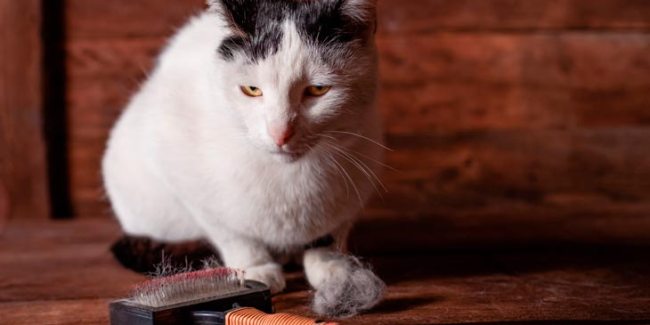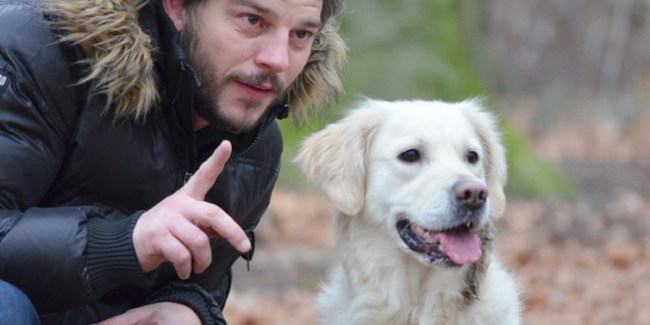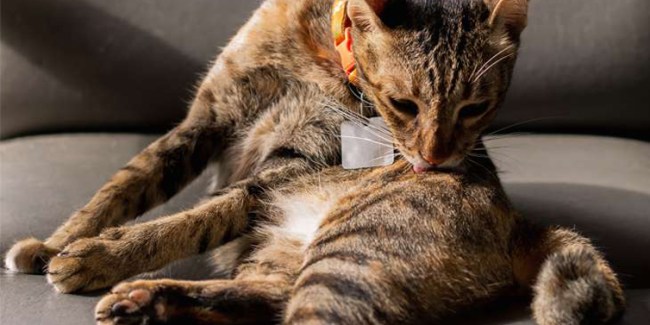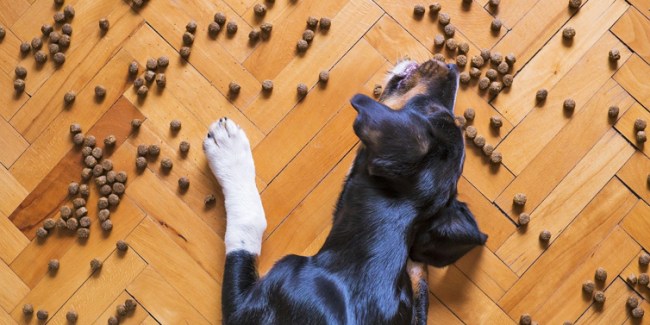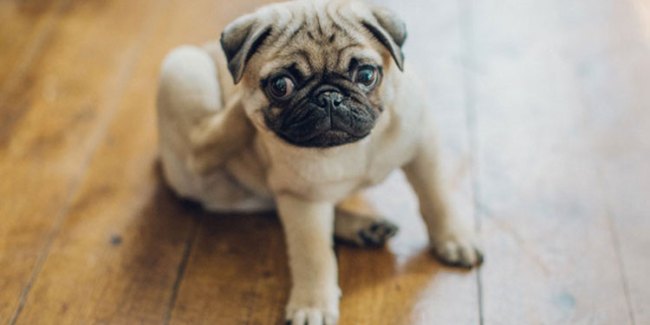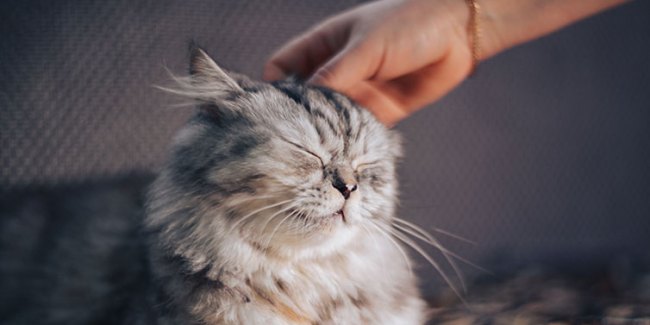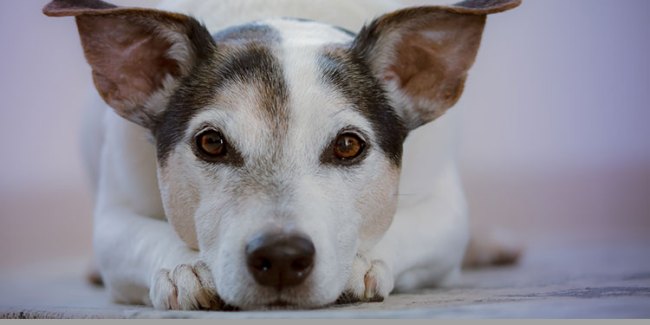Protecting Your Puppy: Vaccination
DOGS PUPPY

Posted by bravectosouthafrica – 07 September 2018
Vaccinations aren’t an option, but rather a necessity.
As soon as your puppy is weaned, it’s important that they don’t mix with other dogs or come into contact with areas where other dogs have been.
Although puppies have some antibodies that are received through their mother’s blood via the placenta, these aren’t nearly enough. The other source of antibodies is through the milk of their mama. This is referred to as “first milk” or “colostrum”. This milk is produced within the first two days after birth and contains maternal antibodies.
Within the first six hours of birth, the puppies intestinal lining starts changing, and they start losing the ability to absorb these much-needed antibodies. That’s why it’s super important for puppies to start suckling asap. However, puppies can’t fight off diseases with only these antibodies. It’s a big, beautiful world out there, but there are also a whole lot of viruses out there. That’s where vaccinations come in.
Going to the vet frequently with your new puppy may seem like a lot of extra admin, but the diseases that vaccinations shield your pets from are dangerous and potentially deadly, but luckily preventable.
The first vaccination: This will occur from between six – eight weeks old. This vaccination is generally called a “five-in-one” vaccine, which protects your pup against Distemper, Hepatitis, Parainfluenza and Parvovirus. Your vet may also decide to include a vaccination against Coronavirus or Leptospira at this stage depending on the area you live in and the chance of infection.
If your dog is going to stay in boarding kennels or will frequently be in contact with other dogs, your veterinarian may recommend a kennel cough vaccination, like Nobivac KC.
The Second Vaccination: This vaccination takes place between 9-10 weeks old and is a booster vaccine for what was given at the first vaccination.
The Third Vaccination: Your puppy should receive this vaccination at around 12-13 weeks old and will be the third and final vaccination to properly complete the essential puppy vaccination protocol to give your pup the best chance of avoiding contracting any of the main diseases. A rabies shot should also be included at this vet visit. Your vet may also decide to do a fourth vaccination at around 16 weeks depending on your area and the level of disease risk.
After completing the initial vaccination protocol, your vet will guide you on what is the best vaccination schedule for your area which will either be every year (annually) or every 3 years where your dog will receive booster vaccinations as well as a booster rabies vaccine. Try to register your puppy at a veterinarian as soon as possible so you can book all the vaccinations appointments well ahead of time. Your vet will also be able to help with any questions and general health, care, diet and grooming tips for your specific dog. Before you bring your new furry friend home, be sure to ask about which vaccinations they have already received and which they still need to get. Remember to keep a vaccination card/record from your vet, dog breeder or animal shelter for future reference.

Protecting Your Puppy:
Vaccination Schedule
Subscribe to our Newsletter
Get to know your furry friend better! Sign up for all things dog- or cat-related.
The Hairy Facts about the dreaded hairball
12 April 2021
Help! My dog’s barking mad! Volume 2
12 April 2021
Your Itchy, Scratchy Cat – All About Cat Skin Problems
12 April 2021
The Dog’s Diet: A Bone of contention?
01 April 2021
Mango Fly Worms: How to Spot and Eliminate them
Posted on November 28,2019
Managing Mange And Mites In Your Dog
Posted on June 11,2018
Why Do Cats Purr and How? Learn What Your Cat Is Saying
Posted on October 14,2020
How to Get Rid of Ear Mites in Dogs
Posted on November 06,2019


